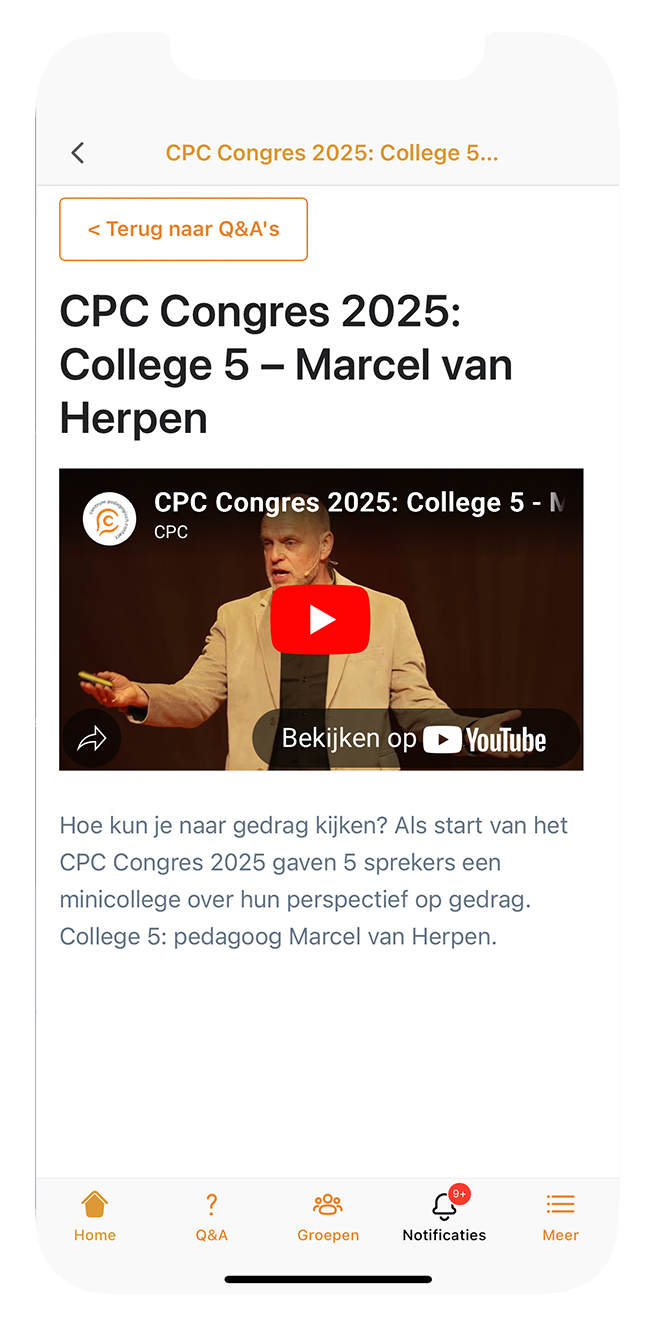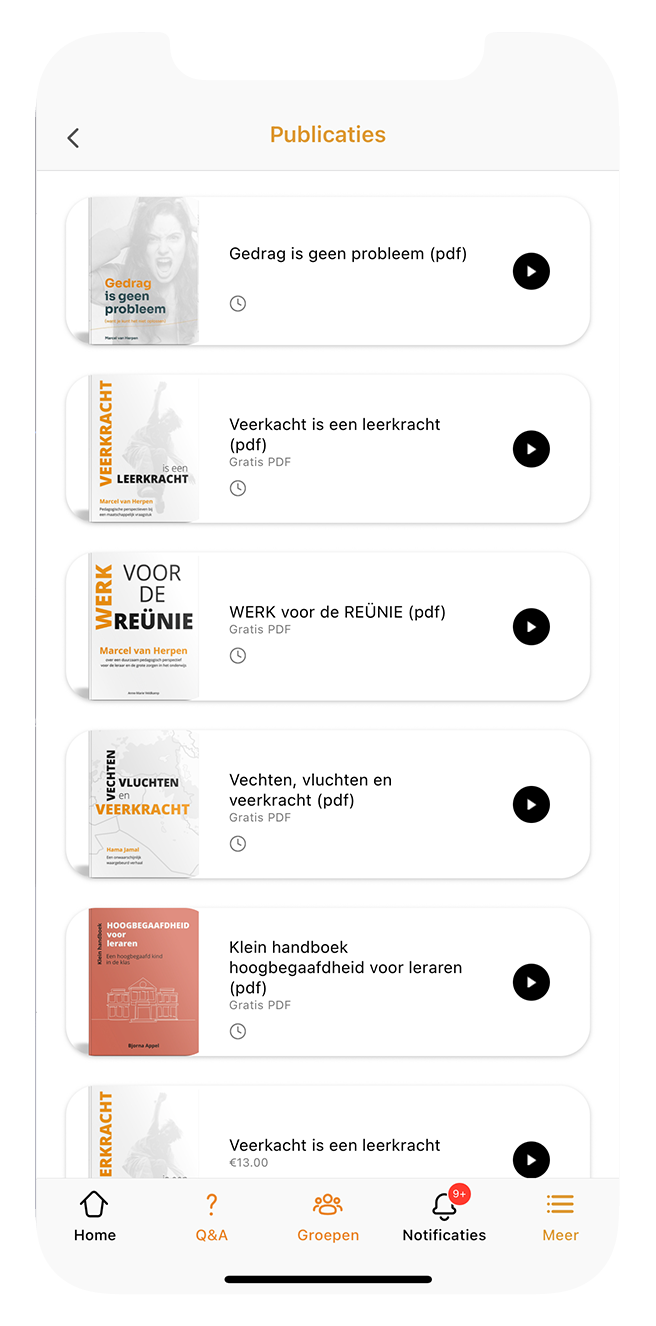Liefde voor het onderwijs
Over onvergetelijke lessen en leraren.
Over de liefde voor kinderen en de passie voor pedagogiek.
Over mijn zes liefdes voor onderwijs.
De kleuterschool: “De krokodil op weg naar school”
Over mijn eerste liefde: Het leven komt van buiten de school.
Ik liep met mijn tweelingbroer op 4-jarige leeftijd over het voetpad naar de kleuterschool. We liepen bij het huis van de dokter over een oneffen muurtje, waarbij het altijd spannend was om niet in de vijver te vallen. Mijn broer vertelde mij dat er een krokodil in zat, en ik vertelde het hem, dus we wisten het zeker. Als de juf ernaar vroeg wist ik dat ik verzon dat het echt waar was.
The Psychology of Gambling: Insights from Canadian Experts
Have you ever wondered what drives people to engage in gambling activities, despite the potential risks involved? The Psychology of Gambling is a complex and intriguing subject that delves into the motivations, behaviors, and impacts of individuals who partake in games of chance. In this article, we will explore insights from Canadian experts in the field, shedding light on the underlying psychological factors that influence gambling behaviors.
From the thrill of anticipation to the highs and lows of winning and losing, the world of gambling is a fascinating realm that encompasses a wide range of emotions and experiences. Through the lens of psychology, we will uncover the reasons behind why people gamble, the cognitive processes at play during decision-making, and the potential consequences of excessive gambling. Join us on this insightful journey as we uncover the intricate workings of the human mind in relation to the captivating yet sometimes perilous world of gambling.
The Impact of Cognitive Biases on Gambling Behavior
Gambling is a complex behavior that involves various psychological factors, as highlighted by Canadian experts in the field. One key insight is the concept of reinforcement, where the intermittent rewards received during gambling activities can lead to addictive behaviors. This reinforcement mechanism is known to trigger the release of dopamine in the brain, creating a pleasurable sensation that reinforces the desire to continue gambling.
Another important aspect discussed by Canadian experts is the role of cognitive biases in gambling behavior. These biases, such as overconfidence and illusion of control, can distort decision-making processes and lead individuals to make risky choices while gambling. Understanding these cognitive distortions is crucial in addressing problem gambling and developing effective intervention strategies.
Furthermore, experts emphasize the impact of environmental factors on gambling tendencies. Factors like accessibility to gambling venues, advertising strategies, and societal norms can influence an individual's likelihood to engage in gambling activities. Canadian researchers stress the importance of creating environments that promote responsible gambling practices and minimize the risk of harm associated with excessive gambling.
Overall, the insights provided by Canadian experts shed light on the intricate relationship between psychology and gambling behavior. By understanding the underlying psychological mechanisms at play, researchers and policymakers can work towards developing evidence-based strategies to prevent problem gambling and promote responsible gaming practices within the Canadian population.
Understanding the Role of Rewards and Reinforcement in Gambling
Canadian experts have delved into the psychology of gambling, shedding light on the intricate motivations and behaviors that drive individuals to engage in this activity. According to these professionals, gambling is often linked to various psychological factors such as risk-taking propensity, thrill-seeking behavior, and the allure of potential rewards. Understanding these underlying psychological drivers is essential in addressing issues related to problem gambling and developing effective intervention strategies.
Insights from Canadian experts highlight the importance of recognizing the complex interplay between cognitive biases, emotional triggers, and social influences in the realm of gambling behavior. By gaining a deeper understanding of these psychological dynamics, researchers and practitioners can better tailor prevention and treatment approaches to help individuals make informed choices and maintain healthy relationships with gambling activities. To delve into the full spectrum of insights on the psychology of gambling from Canadian experts, read the full article.
Risk Perception and Decision-Making in Gambling Activities
Experts in Canada have delved into the complex psychology behind gambling behaviors, shedding light on the underlying motivations and cognitive processes that drive individuals to engage in such activities.
One key insight from Canadian psychologists is the concept of reinforcement and reward systems in gambling. The anticipation of a potential win triggers the brain's reward pathways, leading to a release of dopamine, a neurotransmitter associated with pleasure and motivation. This neurological response can create a cycle of excitement and anticipation that reinforces continued gambling behavior.
Moreover, experts highlight the role of cognitive biases in influencing gambling decisions. Factors such as the illusion of control, availability heuristic, and optimism bias can lead individuals to overestimate their chances of winning, thereby fueling persistent gambling habits despite unfavorable odds.
Canadian psychologists also emphasize the impact of environmental factors on gambling behaviors. From the design of casinos to the use of subtle cues and sounds, the environment in which gambling takes place can significantly influence an individual's emotions, decision-making processes, and overall experience, ultimately shaping their propensity for continued participation in gambling activities.
Addressing Problem Gambling: Strategies and Interventions from Canadian Experts
Experts in Canada have delved into the psychology of gambling to understand the complex motivations behind this behavior. One key insight is that gambling activates the brain's reward system, releasing dopamine and creating a sense of excitement and pleasure. This neurological response can lead individuals to seek out the thrill of gambling, even when faced with potential losses.
Moreover, Canadian experts highlight the role of cognitive biases in driving gambling behavior. These biases can lead individuals to overestimate their chances of winning, underestimate the risks involved, and fall into patterns of irrational thinking. By understanding these cognitive processes, experts aim to develop strategies to help individuals make more informed decisions about gambling and avoid the pitfalls of addictive behavior.
Another important aspect explored by Canadian experts is the impact of environmental factors on gambling behavior. Social influences, cultural norms, and accessibility to gambling venues all play a significant role in shaping an individual's relationship with gambling. By recognizing and addressing these external influences, experts aim to promote responsible gambling practices and minimize the potential harms associated with excessive gambling.
Understanding the psychology of gambling is crucial in addressing the complexities of this widespread activity. Canadian experts shed light on the various factors that contribute to gambling behaviors, highlighting the importance of recognizing signs of addiction and promoting responsible gambling practices. By delving into the psychological aspects, we can better comprehend the motivations behind gambling behaviors and work towards creating a safer and more informed gambling environment. As we navigate the intricate landscape of gambling, these insights serve as valuable tools in fostering a healthier relationship with this form of entertainment.
Mijn eerste liefde voor onderwijs moet geboren zijn in de ervaringen buiten de school, die met mij de school mee binnengingen.
De lagere school: “In het verhaal naar huis lopen”
Over mijn tweede liefde: Schoolverhalen kun je door-beleven.
In de zesde las meester Barten voor uit ‘Pjotr’, ‘De kinderen van het achtste woud’ en ‘Engelandvaarders’. Hij las meestal aan het einde van de dag. Je liep dan ‘in het verhaal’ naar huis. Gedurende de hele lagere-school-periode leefde ik in de verhalen van Pim, Frits en Ida, van Pluk, van Pjotr…
Mijn tweede liefde voor onderwijs moet geboren zijn in de schoolverhalen, die ik door-beleefde als de school uit was.
De lagere school: “Vrouwe Justitia kende ik al”
Over mijn derde liefde: Elk moment kan beslissend zijn.
Ik moet elf jaar zijn geweest. Iedereen had hetzelfde boek voor zich liggen, opengeslagen op een bladzijde waarop een foto stond afgedrukt van Vrouwe Justitia. Meester Barten gaf ons tijd om naar die afbeelding te kijken. Hij vroeg: “Wat denk je dat de blinddoek, het zwaard en de weegschaal betekenen?”
Ik voel nog precies dat ik dacht dat ik het zou kunnen weten. Mijn vinger kreeg de beurt. Met de ervaring uit onze eigen winkel kon ik het afweegprincipe verklaren. Al wat rustiger kon ik de blinddoek uitleggen. Het zwaard kon ik vol trots verklaren. Ik zat goed op mijn stoel en wist dat ik het karwei af kon maken. Meester Barten stond versteld. Zijn reactie maakte die middag tot een belangrijke in mijn schoolloopbaan. Ik wist dat ik iets kon bedenken wat waar was.
Mijn derde liefde voor onderwijs is voortgekomen uit ‘op het oog’ gewone momenten die als bijzonder en beslissend kunnen worden ervaren.
De middelbare school: “Het gebeurde in de vrije tijd”
Over mijn vierde liefde: Met kinderen leven geeft plezier.
Van de gemiddelde leerling die ik was op de lagere school, was vanaf de eerste dag op de havo niks meer over. In mijn vrije tijd sportte ik zoveel ik kon en kreeg ik plezier in het organiseren van kampen voor onze zwem- en waterpoloclub. Tijdens al die weken kon ik spellen verzinnen, koken, liedjes zingen, verhalen vertellen, sporten, ochtendgym geven, nachttochten lopen, acteren, … en dat terwijl ik angsten overwon, grenzen overschreed, verliefd was, ondernemend was, door pijngrenzen heen ging, niet wist wat er zou gaan gebeuren, en vertrouwen kreeg. Ik leefde. We vertrouwden de kinderen en onszelf. Het leek meester Barten logisch dat ik het onderwijs in zou gaan. En ik wilde mijn hele leven op kamp. Als onderwijs er toch zo uit zou kunnen gaan zien…
Mijn vierde liefde voor onderwijs ontstond uit het plezier om met kinderen te leven.
De pabo: “Geen verplichte lijst of opdrachten”
Over mijn vijfde liefde: Alles is pedagogiek.
Op de pabo moest het vak geleerd worden. Onderwijs krijgen van mensen die je leren hoe je onderwijs moet geven. Bij Jan hoefde je niet te komen, je was er. Hij had geen verplichte lijst of opdrachten. “Alles is pedagogiek”, was zijn stelling. Je mocht lezen en kijken wat je wilde. Maar we bekeken de films en bespraken de boeken wel samen. Met respect voor elk individu en zijn afzonderlijke keuzes, ontstond een band waarin we elkaar en onszelf steeds opnieuw, anders en verdiepend leerden kennen.
Mijn vijfde liefde voor onderwijs is gelegen in het besef dat alles pedagogiek is.Mijn vijfde liefde voor onderwijs is gelegen in het besef dat alles pedagogiek is.
De basisschool: “Douchen met paraplu’s”
Over mijn zesde liefde: De kinderen vertellen het zelf.
Tijdens reünies en andere ontmoetingen praat ik nog vaak met oud-leerlingen. Zij vertellen precies wat van buiten de school mee naar binnen kwam, wat van binnen de school mee naar buiten ging, welke momenten belangrijk en beslissend waren, waar ze geleefd hebben en hoe ze achteraf tegen de opvoedkundige aspecten aankijken.
Ze vertellen precies wat ze toen ook vertelden. En ze weten ook of daar wat mee gedaan is of niet. Daar waar het niet goed gelopen is, heb ik onvoldoende naar de kinderen geluisterd. Gelukkig delen we over het algemeen heel veel mooie herinneringen.
Mijn zesde liefde voor onderwijs is gelegen in het besef dat de kinderen het ons achteraf precies vertellen.
Liefde voor het onderwijs
Wil je graag de uitgebreide verhalen over de ‘zes liefdes voor onderwijs’ lezen? Download dan hier het volledige artikel.
Download



